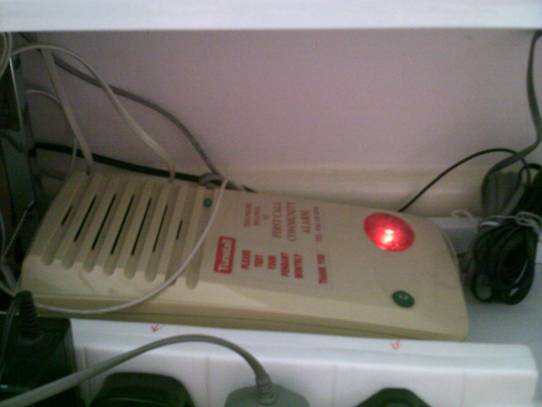Case 1: Shaung
Social, cultural and historical context
Shuang is 60. She was born in Hong Kong. In her youth, she worked in the film industry and got to know some Chinese celebrities. She came to the UK 18 years ago with her husband and two daughters. They set up a Chinese laundry business. Her husband died nine years ago in a car accident; he was the sole driver. Shuang sold the business and now lives in a small flat owned by a housing association. She speaks little English. She does occasional work for the housing association, including representing the needs of the Chinese community. Shuang spends a lot of time watching the Chinese channel on TV. She goes out most days, shopping at the supermarket, to her GP or hospital appointments, the housing association, the Chinese community centre where she is taking a course in English, or the Job Centre where she must sign on every two weeks to show that she is still in the UK.
Participant's experience of ageing and ill health
Shuang had an episode of severe dizziness, nausea and paralysis 20 years ago that was treated with an operation behind her ear. Since then, her balance is poor and she has frequent episodes of dizziness, some of which cause her to fall. Since her husband’s death she has felt sad and hopeless. Her GP diagnosed depression but the counsellor could not solve anything and (she felt) focused only on what benefits she was eligible to claim. In addition, she has arthritis of the hips and neck, and has recently had gynaecological problems treated with surgery. Staff at the hospital commented that she didn’t have any family or friends visiting her, which made her feel worse. She is physically mobile and made tea for the researcher and interpreter unaided.
People in this participant's life
One of Shuang’s daughters lives 200 miles away and is married with a young child; the other lives abroad and is expecting a child. She lists five main people in her life: a friend and the friend’s husband, another friend who has now moved out of the area, a colleague from the housing association, and the interpreter who accompanied the researcher.
What matters to this participant?
Shaung’s over-riding concern is that her husband is no longer with her. Her social circle is small; she is lonely and bored. Every day is the same. She has a photo album from years ago with pictures of herself and her children, including several with Chinese celebrities whom the interpreter recognises.
Respect matters. She feels that the residents of the flats (most of whom are originally from mainland China) are not grateful for her efforts in representing their views and do not respect her because she is from a different ethnic sub-group. She felt was very upsetwhen rumours circulated in the Chinese community that her husband may have taken his own life.
Technologies in Shuang's home and life
Shuang’s flat has various adaptations including rails and an ‘easilever’ on the bed which she can pull herself up on and then wait until her dizziness subsides. She has a telecare alarm, which she only uses if she feels dizzy. She also has a computer, television and DVD player.
Materiality and capability
The flat is small; if her children visit they have to sleep on the floor in the living room. The telecare box is tucked away on a low shelf under the window. Shuang does not appear to have perceptual or motor difficulties that would affect her ability to use the alarm.

Shuang’s telecare alarm unit
Comment
The telecare alarm seems to be a solution for a problem she doesn’t have – she’s quite mobile and not cognitively impaired. The technology is materially adequate and Shaung knows how to use it. A significant issue is that she does not speak English so when she activates the alarm she will not be able to communicate with the call centre staff.
The alarm seems to have been fitted in case she has another episode of severe dizziness like the one that heralded her major illness 20 years ago. It doesn’t solve her ongoing, day-to-day problems of lack of friends, the fact that her husband is no longer here, and the perceived lack of respect from her fellow Chinese residents. However, the fact that she (at age 60) is already fitted with an alarm and linked to the support services may prove useful in the future if her physical condition deteriorates.